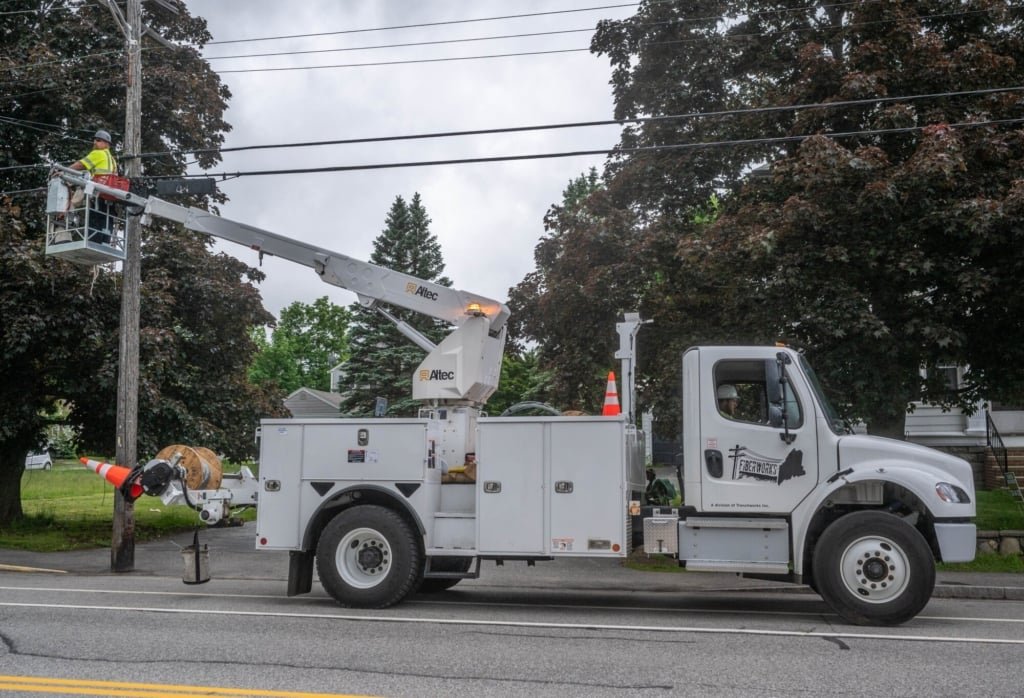
The Cyberspace Administration of China has proposed draft rules that would impose limits on features like Apple’s AirDrop. CFOTO Future publication via Getty Images
Features like Apple’s AirDrop, which allows smartphones to transfer content directly to other nearby users, may soon be restricted in China under new rules proposed by the country’s top internet regulator.
The Cyberspace Administration of China (CAC) on Tuesday proposed a draft regulation to cover any service that uses Wi-Fi, Bluetooth and other technologies to create a short-distance network for transferring content. That category would include Apple’s AirDrop and similar Android offerings from Google and Chinese phone makers Vivo, Xiaomi and Oppo, according to the South China Morning Post.
If implemented, services should undergo a security assessment before adding features that affect public expression and social mobilization. Users would also have to provide their real names and other identity information to use these features, similar to other online services in China, notes the South China Morning Post.
Suppliers would also be required to report the dissemination of information deemed harmful and not to display thumbnails and preview screens without users’ consent.
The CAC wrote that it was proposing these rules to maintain national security. The rules are now subject to a month-long public consultation process.
The main goal is to ensure that all information transmission can be traced in case troublesome things happen, said Gao Fuping, a professor at East China University of Political Science and Law in Shanghai. South China Morning Post.
Previous limits
In early November, Apple imposed a 10-minute time limit on how long Chinese users could Airdrop content from anyone nearby. Once the time limit has expired, the iPhone will revert to only receiving content from a user’s contacts.
Apple told Bloomberg at the time that the new policy was meant to prevent unwanted file sharing and later expanded the time limit globally.
However, protesters in China have reportedly used features such as AirDrop to share files without using the internet, thereby circumventing controls normally imposed on Chinese platforms such as messaging service WeChat and Twitter-like Weibo. In November, weeks after Apple restricted AirDrop functionality in the country, Chinese protested the country’s strict COVID controls (including crash lockdowns and mass testing) in nationwide rallies. China ended its COVID-zero policy soon after.
Users have abused features like AirDrop in the past, such as by sending explicit photos to unsuspecting individuals. On Monday, Apple announced new protections that would kick in when a user sends or receives sensitive content, such as photos containing nudity.
Apple did not immediately respond to a request for comment on the CAC’s proposed rules.
What else is China regulating?
Features like AirDrop may now be at the forefront as regulators expand their grip on the country’s internet, especially regarding illegal content. Previous regulatory crackdowns have targeted video gaming and live streaming.
More recently, the CAC has moved to regulate artificial intelligence. In January, the regulator banned the use of artificial intelligence to create fake news and required those who create tools capable of synthesizing images, audio and video to clearly label that such content was generated and not real.
Then, in April, the CAC proposed new rules to control AI products like ChatGPT (which itself isn’t available in China), as Chinese companies like Alibaba and Baidu quickly looked to launch their own AI products. artificial. Among the proposed rules is a requirement that chatbots reflect socialist core values and not contain content that undermines state power, according to the New York Times.
#Top #Chinese #censor #sets #sights #Apples #AirDrop



